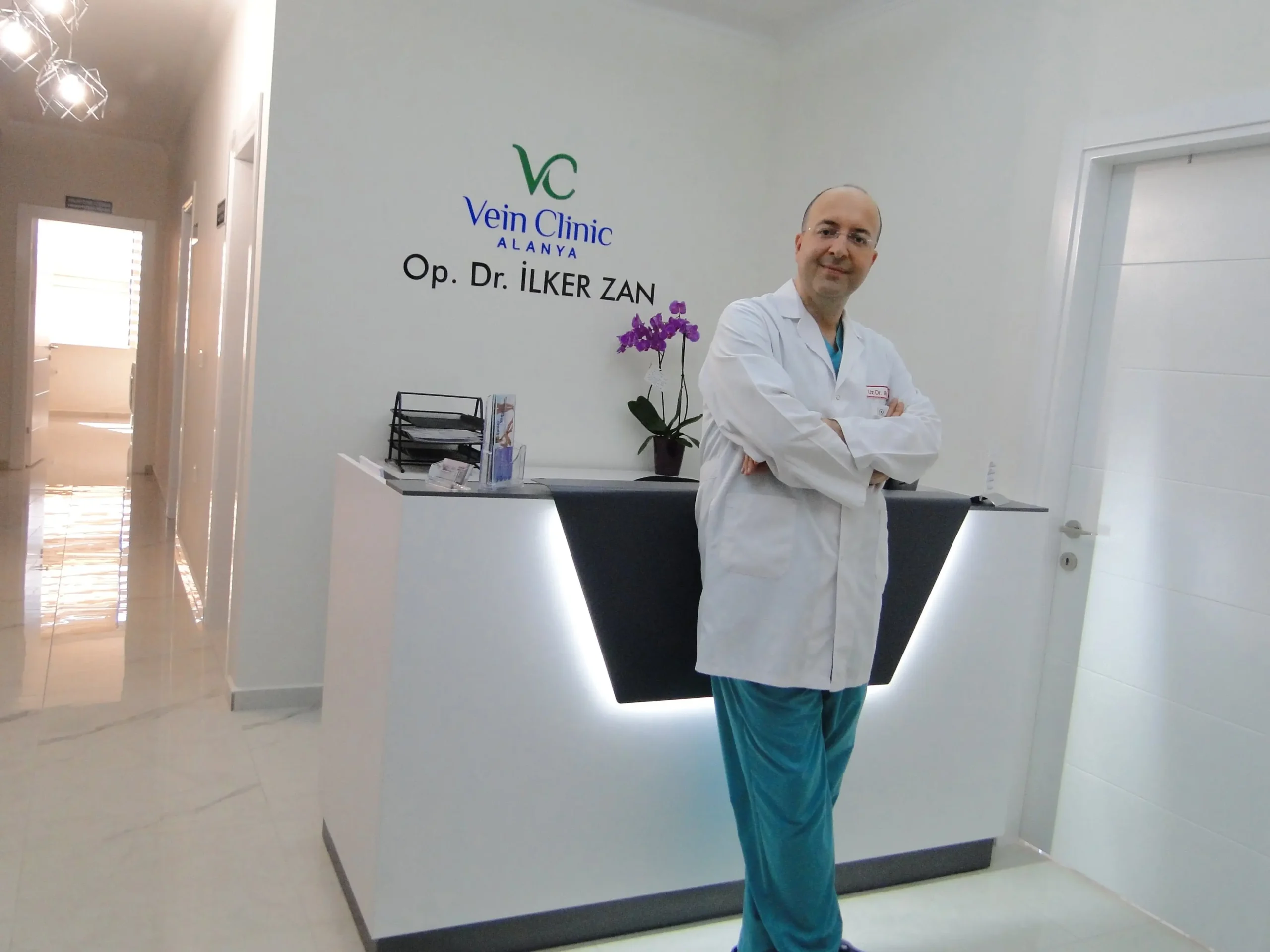1. Using Compression Stockings
These are special socks that reduce swelling and pain by increasing blood flow in varicose veins. They should be worn daily, usually when you get up in the morning and in some cases even in bed. Compression stockings have various pressure levels, you can choose the one that suits you in consultation with your doctor.
2. Regular Exercise
Exercise improves blood circulation and reduces pressure on the veins in the legs.
Low-impact exercises such as walking, swimming and cycling are recommended. These activities exercise the leg muscles and support venous pump function.
3. Elevating the Legs
Raising the legs above the level of the heart facilitates the return of blood from the legs and reduces swelling. Several times during the day, keep your legs elevated with a pillow or similar support. You can also keep your legs slightly elevated while sleeping at night.
4. A Balanced Diet and Controlled Weight
A balanced diet helps with weight control and reduces the pressure on the veins in your legs. Fibre-rich foods, fresh fruits and vegetables, whole grains should be consumed. Also, excess salt and processed foods should be avoided.
5. Cold Application
Cold compresses can relieve discomfort in the legs. Washing the legs with cool water or applying cold compresses can increase blood flow and reduce swelling. Avoid hot water baths and prolonged stay in a hot environment.
6. Correct Shoe Choice
High-heeled shoes can adversely affect blood circulation in the legs. Comfortable and supportive shoes should be preferred.
7. Not Being Sedentary
Prolonged standing still or sitting still can worsen varicose veins. Avoid staying in the same position for a long time. Change position and move at regular intervals.
Important notes
- Regular Check-ups: See a health professional regularly to monitor your varicose veins and assess changes in your symptoms.
- Early Intervention: If your symptoms worsen or new symptoms appear, it is important to seek professional health care.
These methods can help relieve the symptoms of varicose veins, but professional medical intervention is required for serious varicose vein problems.
As you wait, the degree of your varicose veins and your complaints may progress and unwanted complications (bleeding, clot, embolism, wounds that do not close) may develop. These are the recommendations that you should pay attention to until you apply to us and after treatment. They are not a substitute for treatment.



